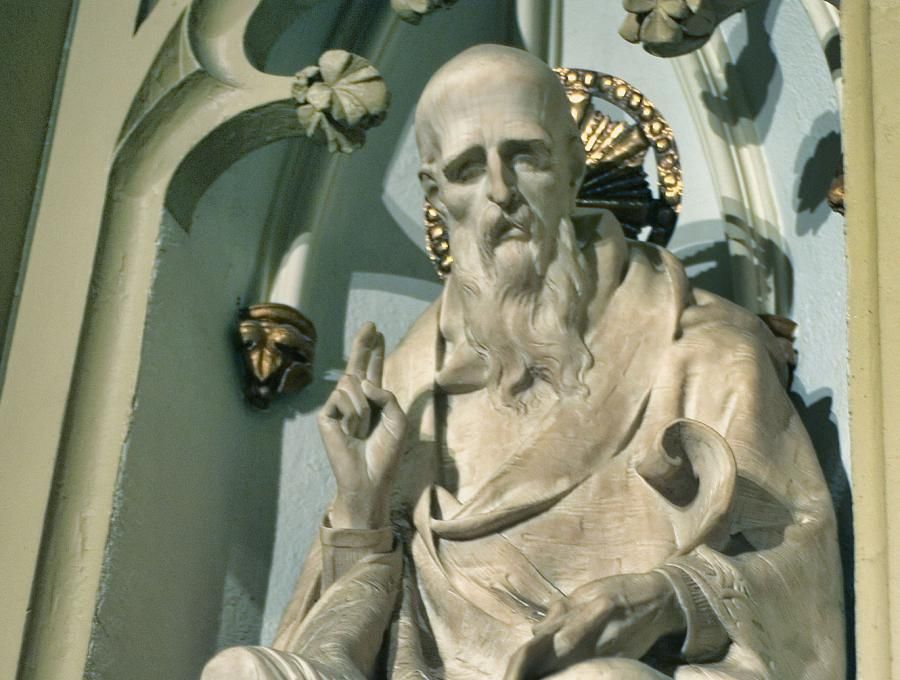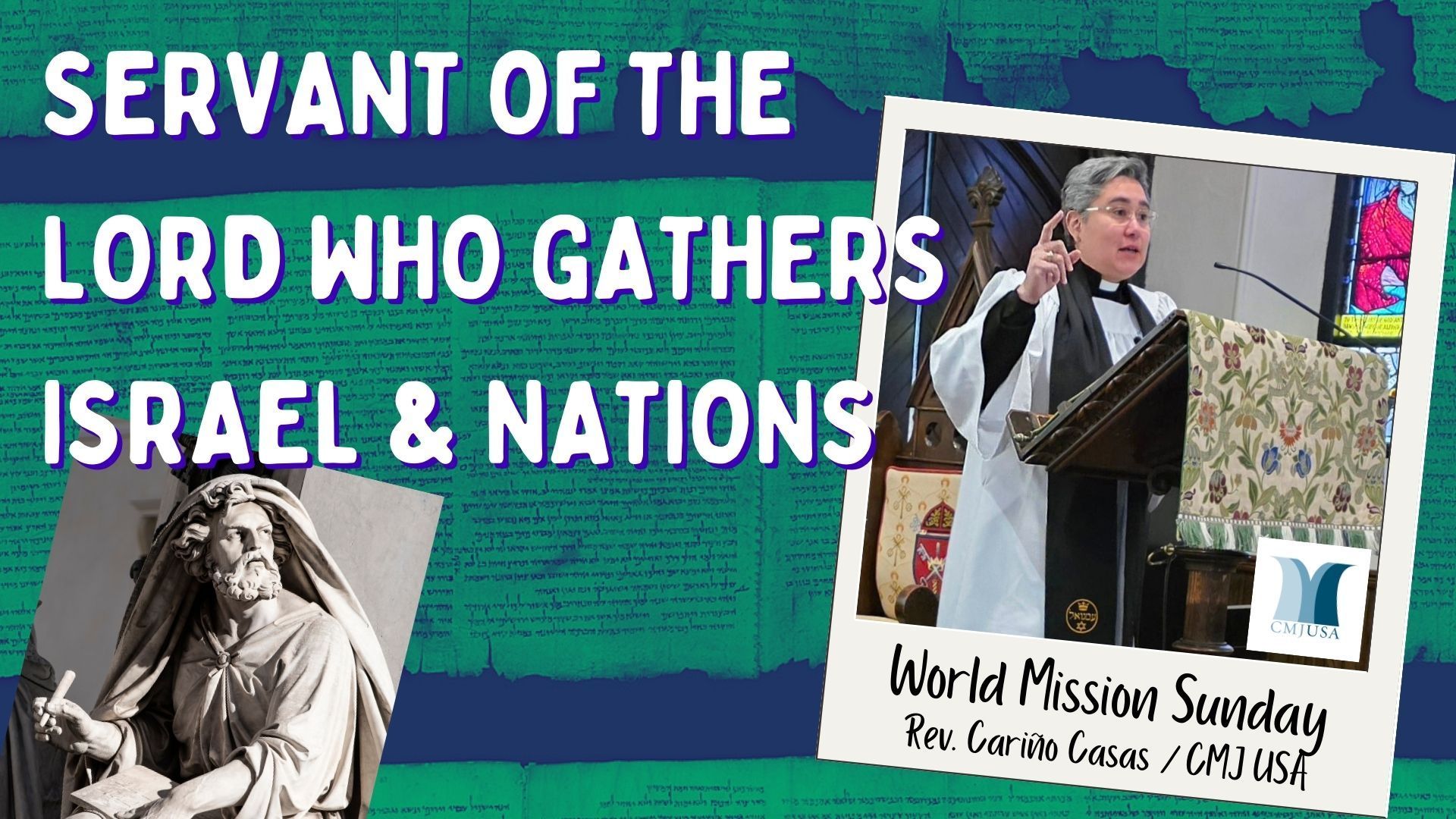Passover begins on the evening of March 27 (2021) and a few days later Christians in the West will observe Good Friday on April 2. We encourage our readers to celebrate Passover as well, since our Lord instituted our most sacred of observances, Holy Communion, at a Passover seder. I was profoundly moved the first time I participated in a seder, discovering things I had never learned growing up in the Church nor in seminary!
Unfortunately, the two Holy Days have been fraught with antisemitism for centuries.
In the fourth century, crowds flocked to hear the sermons of a “golden-mouthed” preacher who, in his Good Friday sermons, would encourage his devotees to take vengeance on those “Christ killers.” Decades later, congregations were moved to attack Jews on Good Friday.
“The ‘blood libel’ refers to a centuries-old false allegation that Jews murder Christians – especially Christian children – to use their blood for ritual purposes, such as an ingredient in the baking of Passover matzah (unleavened bread).”
1 Historically, blood libel claims have been made in order to account for the otherwise unexplained deaths of children.
“The first ritual murder charge took place in Norwich, England, in the twelfth century. A boy named William was found dead in the woods outside of town, and a monk, Thomas of Monmouth, accused local Jews of torturing him and murdering him in mockery of the crucifixion of Jesus. Although many townspeople did not believe this claim, a cult venerating the boy eventually sprang up. At this time the myth began to circulate that each year, Jewish leaders around the world met to choose a country and a town from which a Christian would be apprehended and murdered.”
2
Blood libels spread throughout the world during the Middle Ages and continued into the twentieth century, with a case in Massena, New York, where Jews were falsely accused of kidnapping and killing a Christian girl in 1928.3
Indeed, you may have sung the beautiful hymn by Samuel Crossman (1624-1683), “My Song is Love Unknown,” with this verse: “Sometimes they strew his way, and his strong praises sing… Then ‘Crucify!’ is all their breath, and for his death they thirst and cry.” In this stanza, the Jews are blamed for recognizing him as Messiah, and then, within a few days, “thirsting” for his death—for being “Christ-killers”!
I am convinced that the two crowds in the narrative were entirely different. In the first, on Palm Sunday, were Galileans who had accompanied their “hometown boy” to Jerusalem for the Passover Festival (Matthew 21:10f). But the second crowd at Jesus’ trial before Pilate was a “rent-a-mob” hired by the chief priests and elders, and who had little or no knowledge of this “prophet from Galilee.” They may have been members of Barabbas’ sect, or even from outside the Land, from the Diaspora.
This Palm Sunday and Good Friday, may we take care to avoid anti-Semitic language and implications! Who was guilty of killing the Messiah? The earliest Jewish believers in Jerusalem prayed, “Herod and Pontius Pilate met together with the Gentiles and the people of Israel in this city to conspire against your holy servant Jesus, whom you anointed. They did what your power and will had decided beforehand should happen” (Acts 4:27-28).
My brothers and sisters—Jewish or Gentile, male or female, white or black, young or old, good, bad, or in between—“there is no difference, for all have sinned and fall short of the glory of God” (Romans 3:23).
It was your sins and mine that nailed Jesus to the cross!
Notes:
- Anti-Defamation League, "Blood Libel: A False, Incendiary Claim Against Jews."
- Ibid.
- Ibid.
Images:
- Seder plate. Photo by Rebecca Siegel via Flickr, CC BY 2.0
- Statue of St. John Chrysostom at St. Patrick's Cathedral, New York City. Photo by Doctor Swan, CC BY-SA 2.0, via Wikimedia Commons.
- Palm Sunday. Photo by Brady Leavell via Unsplash.
- Christ Church Jerusalem Holy Table.






